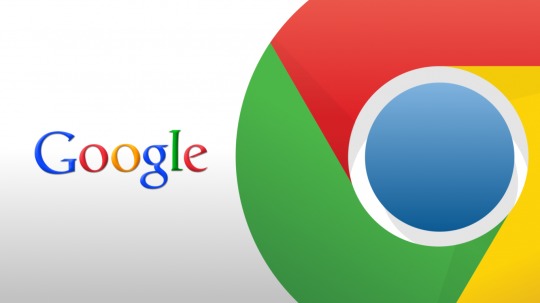
One of the things that makes Google Chrome so good are the extensions. Though other browsers like Safari offer the same, nobody can keep pace with Chrome’s library and scope. Recent revelations have shown that Google is gearing up for a potential war of attrition, in which malicious extensions face a brick wall of policy from Google.
Google recently made changes to their policy on extensions, basically stating that an extension can do one thing, and one thing only. Recently, Google removed a few extensions for bringing advertising into the mix, which seems oddly ironic. Those extensions raised ire by adding code which brought a slew of pop-ups once used, calling for some users to deem them spam. The main offender, an extension named “Add to Feedly”, was removed — along with “Tweet this page” — once The Wall Street Journal contacted Google.
The two apps may not have been wildly popular, but they may also hint at things to come. Developers are now speaking up about the process by which the extensions are found to be doing these nefarious things. The guy who originally developed “Add to Feedly”, Amit Argawal, noted on his website that he sold the extension to an unknown buyer, who then added the spam-ish code to the extension. Sadly, this isn’t a rogue event.

Developers are now speaking up, noting that they’re being approached to sell extensions. In one case, a Developer says it was a “malware company” that approached him, as well as “adware companies” and “data collection companies”. Though they now must be designed to do one thing, it seems as though some feel spam or other means of advertising are not subject to this new rule. Though not limited to Chrome, the browser is the largest target, due to its large amount of extensions. It’s also worth noting that extensions are usually free, meaning development is done so as well. Selling an extension means monetization, which is always hard to pass up.
Google has the last word, though. Their updated Web Store policy states, in part, “…functionality that displays product ratings and reviews, but also injects ads into web pages, should not be bundled into a single extension”. It’s an ongoing struggle, but one which Google is uniquely able to defend themselves — and us — in.










there are more extensions that have the same issue. ad block started to spam. hover zoom, too. and you cant tell which is clean or not, google needs to stop this bs.
I never had any spam with Adblock.
great article
I’ve been having that problem. Malicious extensions seem to install themselves. Looks like “Add to Feedly” is the culprit. Do you know if Feedly’s other extension, “Feedly Checker” is safe?
I had so many pop-ups and pop-unders (full sized, not medium) with Google Chrome that I switched browsers.